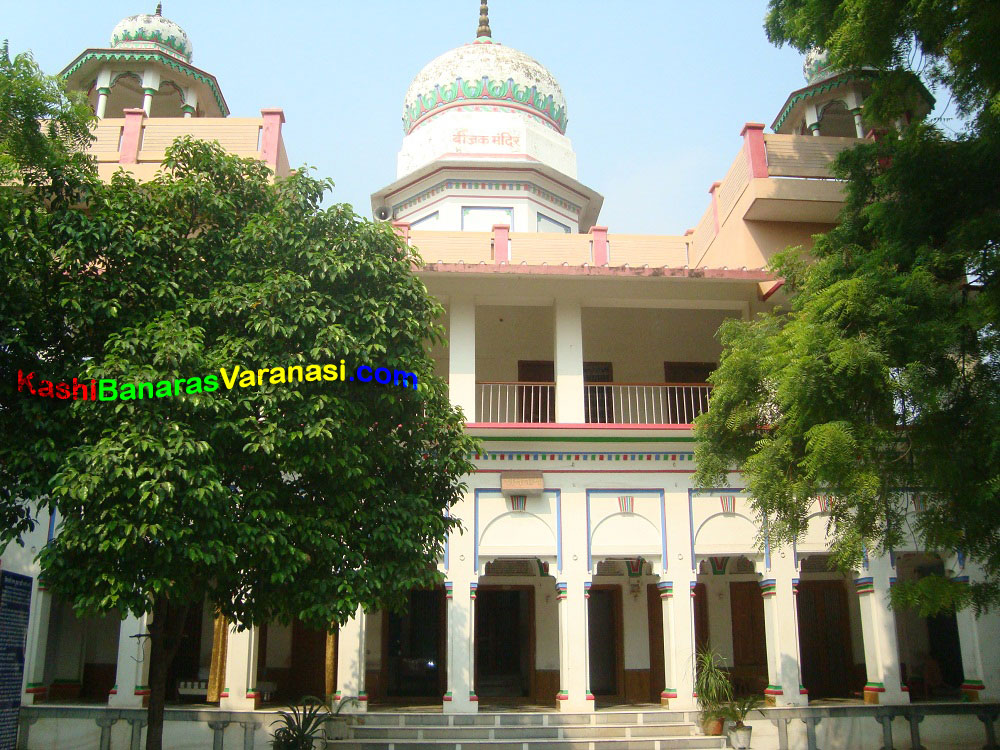The city of Varanasi is located in the state of Uttar Pradesh in northern India. It is also famous as Banaras and Kashi. It is an ancient city that has been cited in Hindu scriptures since the Vedic Age and has long been a pilgrimage site for Hindu devotees. Though revered for its spiritual vibe, Banarasi silk has become synonymous with the city of Varanasi. Banarasi silk is a type of fabric that is made in this spiritual city. The city’s silk industry is well-known around the world, and Banarasi silk is known for its beautiful work and hard labor. This has made Varanasi a center for silk lovers and experts.
Banarasi Silk: A Timeless Elegance from India
Silk has always been synonymous with luxury and sophistication, and when it comes to silk fabrics, Banarasi silk stands tall as one of the finest in the world. Named after the ancient city of Varanasi, also known as Banaras, this type of silk is woven by skilled artisans. It is often decorated with incredibly intricate designs. It is known for how nice it feels, how shiny it looks, and how long it lasts. The skilled makers of Varanasi make these beautiful silk sarees and fabrics by using traditional methods that have been passed down from generation to generation. With its rich history, intricate designs, and unmatched luster, Banarasi silk has become an integral part of Indian culture and a symbol of luxury.
Exploring Banarasi Silk Weaving Techniques
The production of Banarasi silk involves intricate and time-consuming processes that require the utmost skill and precision. The process starts with dyeing the yarn in vibrant colors using natural dyes to achieve the desired shades. The weavers then set up the loom, which is often a family heirloom passed down through generations, and start weaving the fabric. There are different kinds of Banarasi silk, like Katan, Organza, Shattir, Georgette, and many more with each one has its own unique qualities. One of the most captivating aspects of Banarasi silk is its intricate designs and patterns. These patterns are typically inspired by nature, Mughal motifs, and local folklore. The most popular motifs include floral patterns, birds, leaves, and butis. The weaving is often accompanied by zari work, which involves the use of gold and silver threads to create elaborate motifs, borders, and pallus.
Banarasi Silk Sarees: Adorning Grace and Royalty
Banarasi silk has stood the test of time and remains a favorite choice for brides in traditional Indian weddings. Its timeless appeal comes from its ability to seamlessly blend tradition with modernity. The richness of the fabric and intricate designs make Banarasi silk sarees perfect for special occasions and festive celebrations. Banarasi silk is not just a fabric, but a living testament to the rich culture and heritage of India. Its exquisite craftsmanship, intricate designs, and luxurious feel have made it a timeless classic cherished by women across generations. The legacy of Banarasi silk continues to thrive, not only as a symbol of status and grace but also as a source of livelihood for the skilled artisans who create these masterpieces. Weaving Banarasi silk is a time-consuming procedure that can take a couple of weeks to a few months. Original Banarasi sarees tend to be expensive because of these things.
The Charm of Banarasi Silk: A Journey through Time
In today’s fast-paced world, where technological advancements have taken over many traditional occupations, Banarasi silk remains true to its roots. The Mughal Empire brought the skillful weaving and designing of Banarasi silk to India. The Banarasi silk that is made today is a mix of the Mughal and Indian cultures. Power looms and synthetic materials have made things hard for the handloom industry in Banaras, but efforts are being made to keep the practice alive and help the weavers’ communities.

